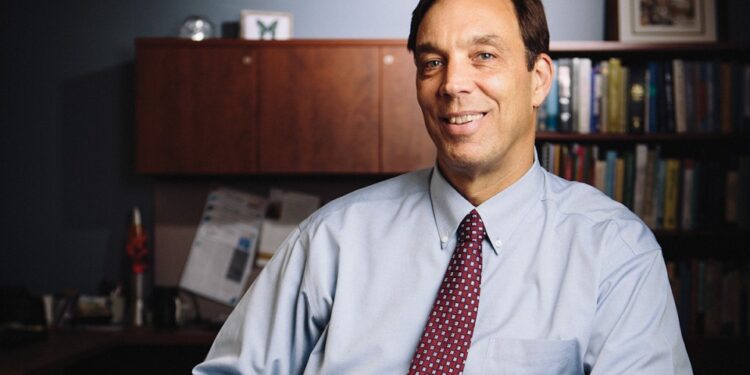Getting help for a child with behavioral health problems is just a few doors away at your pediatrician’s office at Boys Town Pediatrics clinics. All of the Omaha-area clinics staff one to two psychologists who are available to work closely with your child’s pediatrician to provide a comprehensive, seamless plan of care.
“Working in the same clinic allows us to communicate more closely with the on-site psychologist so that we both understand each other’s perspectives and can work together to develop a game plan for each child,” says Nancy Vandersluis, M.D., pediatrician at Boys Town Pediatrics. “It also allows us to stay up-to-date with the child’s progress and readily provide input when appropriate. In the end, we think it results in better outcomes for the patient.”
More importantly, the parents and children love the setup, notes Dr. Vandersluis. “It’s been a very successful arrangement for us and the family,” she says. “Families love to be able to come to their pediatrician’s office for counseling because it’s familiar, more comfortable, and less stressful for the child.”r
“Working in the same clinic allows us to communicate more closely with the on-site psychologist so that [we] can work together to develop a game plan for each child.” – Nancy Vandersluis, M.D., pediatrician at Boys Town Pediatrics.
rThe easy accessibility of the psychologists relieves some of the apprehension and stigma of seeing a psychologist, notes Tom Reimers, Ph.D., director of Boys Town Behavioral Health Clinic with the Center for Behavioral Health. “We’re seeing a greater willingness among families to reach out for our services.”
Parents often discuss their child’s behavioral concerns with their pediatrician, says Dr. Reimers. That makes the close relationship we have with the pediatrician’s and medical clinics so important. The Behavioral Health Clinic treats a wide variety of behavioral health problems in children, from infants to adults. Some of the problems treated include defiance, tantrums, toilet training, learning problems, anxiety and depression, bedtime problems and sleep disorders, attention-deficit/hyperactivity disorder (ADHD), peer relationships, phobias, habits, and eating disorders.
Determining when it’s time to seek help is something that should be discussed with your pediatrician. A good rule of thumb, notes Dr. Vandersluis: If there is a disruption of your family’s ability to function on a normal basis due to your child’s behavioral health problems, or it is affecting your child’s ability to be successful in his or her daily activities, it may be time to seek help.r
“If you’re concerned with your child, whether it’s academics or behavioral problems at home, don’t be afraid to seek help.” – Tom Reimers, Ph.D., director of Boys Town Behavioral Health Clinic with the Center for Behavioral Health
r“By the time they come to us, parents have likely been concerned about a problem for some time. They’ve reached out to family and friends and exhausted most of their accessible resources,” notes Dr. Reimers. “In some cases, waiting can make the problem worse. We encourage parents to seek advice early rather than later.
“We use evidence-based interventions with the goal of providing the most effective treatment in the shortest amount of time possible,” says Dr. Reimers. “If you’re concerned with your child, whether it’s academics or behavioral problems at home, don’t be afraid to seek help. In many cases, we can provide help easily and readily and get your child back on the right track.”
The Boys Town Center for Behavioral Health offers three services, which include the Behavioral Health Clinic, Chemical Use Program, and Assessment Program. Children may be seen in their doctor’s office or at the Center for Behavioral Health’s main office at 13460 Walsh Drive on the Boys Town campus. For more information, visit boystownpediatrics.org or call 402-498-3358.













